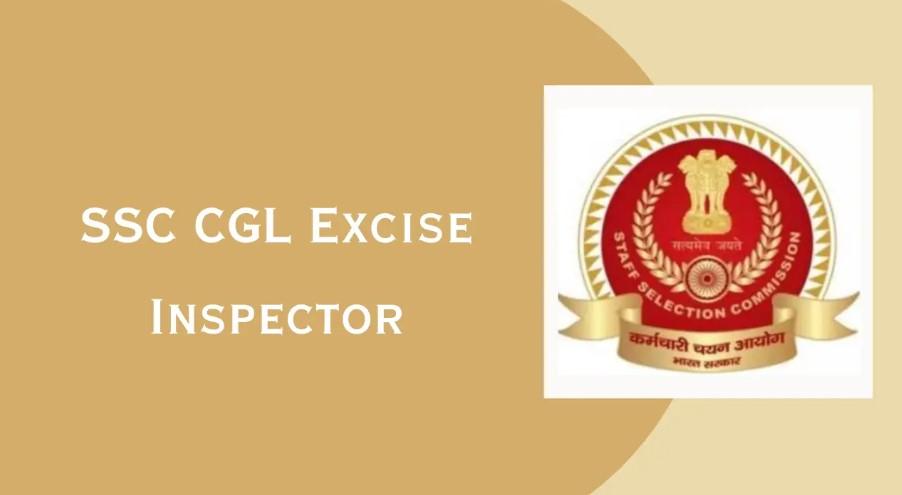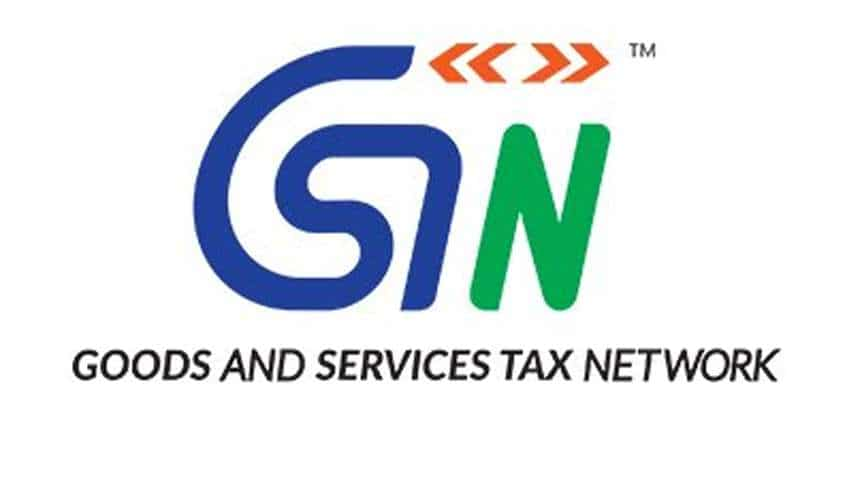In a setback to companies including Hindustan Unilever, Nestle and Reckitt Benckiser and others, Delhi High Court on Monday upheld anti-profiteering provisions of GST Laws. With this, orders pronounced by erstwhile National Anti-Profiteering Authority (NAA) will continue to have validity.The Court held that the law and the establishment of National Anti-Profiteering Authority does not violate the provisions of Constitution including Article 19(1)(g).
Author’s Comments –
- However, this Court finds that the methodology adopted by NAA and DGAP to arrive at the profiteering amount of the real estate industry was generally based on the difference between the ratio of Input Tax Credit to turnover under the pre-Goods and Services and Tax and post- Goods and Services and Tax period. This Court is in agreement with the contention of the learned counsel for the petitioners representing the real estate companies that the methodology adopted by NAA is flawed as in the real estate sector, there is no direct correlation between the turnover and the Input Tax Credit availed for a particular period. The expenses in a real estate project are not uniform throughout the life cycle of the project and the eligibility of credit depends on the nature of the construction activity undertaken during the particular period. As it is an admitted position that neither the advances received nor the construction activity is uniform throughout the life cycle of the project, the accrual of Input Tax Credit is not related to the amount collected from the buyers. This Court is in agreement with learned counsel of the petitioners that one needs to calculate the total savings on account of introduction of Goods and Services and Tax for each project and then divide the same by total area to arrive at the per square feet benefit to be passed on to each flat buyer. This would ensure that flat-buyers with equal square feet area received equal benefit. The Court, while hearing the present batch of matters on merits, shall take the aforesaid direction/interpretation into account
A total of 107 petitions were filed to challenge the constitutional validity of said section and related rules as well as legality of the notices proposing imposition or orders imposing penalty issued by NAA.
The Delhi High Court on Monday upheld the constitutional validity of the provisions related to anti-profiteering under the Central Goods and Services Tax Act and the establishment of National Anti-Profiteering Authority (NAA) [Reckitt Benckiser India Private Limited v Union of India Through: Its Secretary & Ors + Connected Matters].
A Division Bench of Acting Chief Justice Manmohan and Justice Dinesh Kumar Sharma upheld Section 171 of Central Goods and Services Tax Act, 2017 (CGST Act) as well as Rules 122, 124, 126, 127, 129, 133 and 134 of the Central Goods and Services Tax Rules, 2017 (CGST Rules).
While Section 171 of the CGST Act mandates that reduction in rate of tax on any supply of goods or services has to be passed on as a commensurate reduction in price to the consumers and provides for establishment of the NAA, the Rules upheld by the Court deal with constitution of NAA, the appointment of its chairman and members as well as power to determine methodology and procedure and duties.
In a judgment running into more than 140 pages, the Court held that Section 171 of the CGST Act, which mandates that reduction in rate of tax on any supply of goods or services has to be passed on as a commensurate reduction in price to the consumers and provides for establishment of the NAA, falls within the law-making power of the parliament under Article 246A of the Constitution.
The bench said that Section 171 lays out a clear legislative policy, does not delegate any essential legislative function and is not a price fixing mechanism.
“Section 171 of the Act, 2017 does not violate Article 19(1)(g) of the Constitution of India, as it is not a price-fixing mechanism As rightly pointed out by the learned counsel for the Respondents, Section 171 of the Act, 2017 only relates to the indirect-tax component of the price of goods and services and does not impinge upon the freedom of suppliers to fix their own prices keeping in view relevant commercial and economic factors. This Court is in agreement with the learned Amicus Curiae that Section 171 of the Act, 2017 is solely focused on ensuring that the consequential benefit of reduction of the rate of tax by the Government reaches the recipient,” the Court held.
Acting Chief Justice Manmohan and Justice Dinesh Kumar Sharma
The Court rejected the petitions filed by over 100 companies running diverse businesses ranging from hospitality, fast-moving consumer goods (FMCG) to real estate. These companies included Philips, Nestle India, Gillette, Patanjali, Whirlpool, Emaar MGF etc.
The Court said that though it is possible that there may be cases of arbitrary exercise of power under the anti-profiteering mechanism, the remedy for the same is to set aside such orders on merits.
“What will be struck down in such cases will not be the provision itself which invests such power on the concerned authority but the erroneous application of the power,” the bench ruled.
While rejecting the petitions, the Court also dealt with grounds raised by the petitioner companies. The Bench’s findings and conclusions on these issues are given below.
- No fixed/uniform method or mathematical formula can be laid down for determining profiteering;
- It is the prerogative of the legislature to decide how the benefit is to be passed on to the consumers;
- CGST Act 2017 rightly does not fix a time period during which price-reduction has to be offered;
- Section 64A of the Sale of Goods Act is not applicable to the obligation under Section 171;
- A statutory provision [Section 171 CGST Act] cannot be struck down on the ground of possibility of abuse;
- To not compare taxes levied after the introduction of the CGST Act, 2017 with a basket of distinct indirect taxes applicable before the operation of this Act would go against its intent and objective;
- There is no vested right of appeal and an appeal is a creature of the statute. If the legislature has chosen not to provide for a right to appeal against an order of the NAA, that itself cannot be a ground to declare an enactment as unconstitutional. In any case, the decisions of NAA are subject to judicial review;
- There is no requirement of judicial member in NAA;
- Rule 124 of the CGST Rules which deals with appointment, salary and other terms and conditions of service of the chairman and members of the NAA is in consonance with Article 50 [separation of judiciary from executive]. There is no scope for governmental interference in functions exercised by NAA;
- Rule 133 to the extent it provides for levy of interest and penalty is within the rule making power of the Central government;
- Goods and Services Tax collected on the additional realization has rightly been included in the profiteered amount;
- Time Limit for furnishing of report by Director General of Anti-Profiteering (DGAP) is directory and not mandatory;
- Expansion of investigation beyond the scope of the complaint is not ultra vires the statute. Section 171 of the CGST Act is widely worded and does not limit the scope of examination to only goods and services in respect of which a complaint is received.
Full Order














